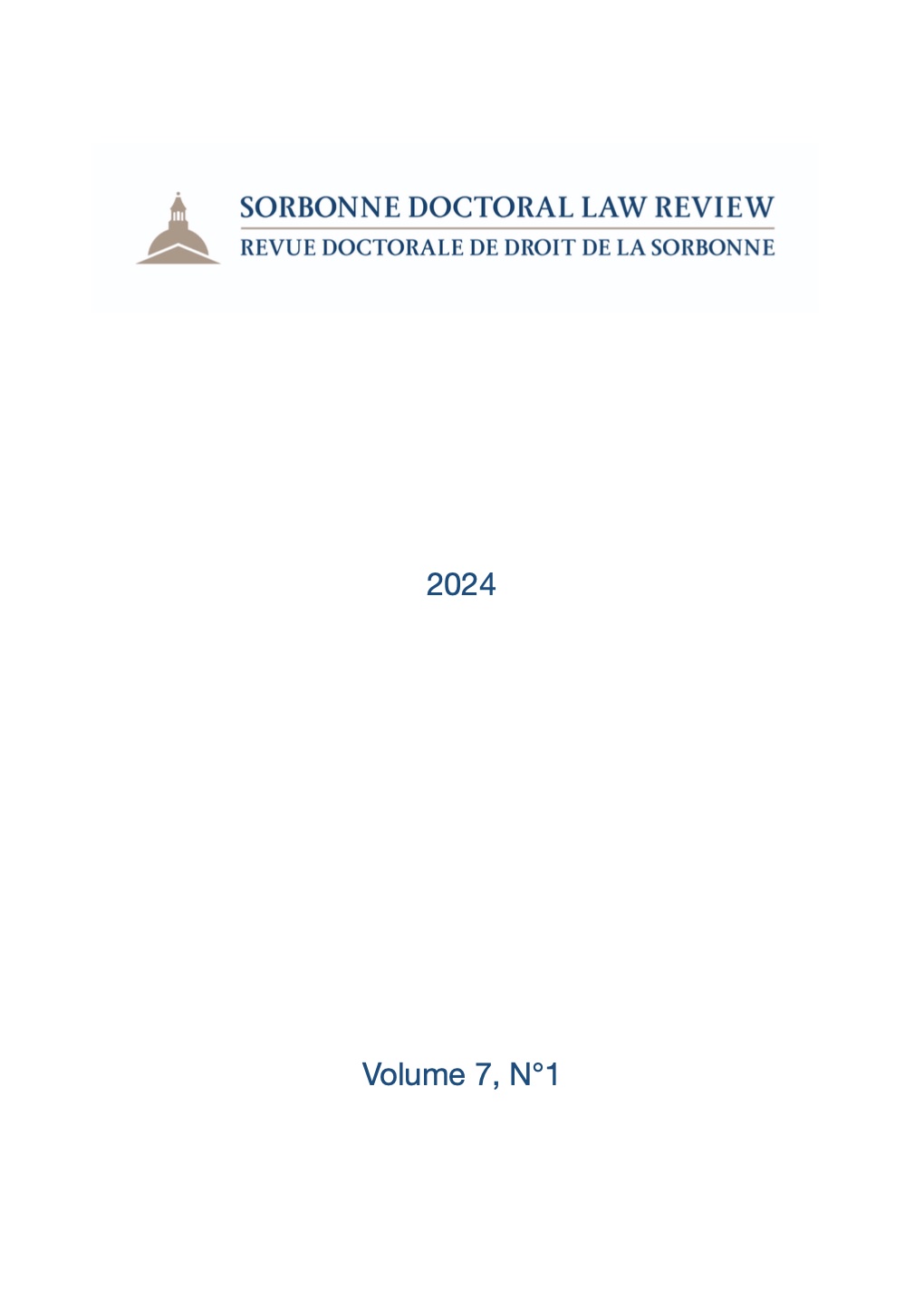Abstract
The rise of transnational organized crime poses a fundamental threat to States and necessitates effective mechanisms for prosecution, without which these illegal entities will erode the capacities of the State. This paper explores the view that cooperation between States is the only way to prevent the emergence of safe havens for criminals. Tracing the evolution of Mutual Legal Assistance Treaties (MLATs) which codify the conditions in which police forces exchange intelligence and evidence, this paper both highlights their crucial importance and their disappointing application. Persistent barriers to this multilateral approach have led nations to forge bilateral MLA treaties and explore alternative channels for information exchange.
Despite progress fuelled by a Washington driven approach to the issue, discretionary refusals underscore the need to further diminish the scope for rejection. While the absence of stable and sustained capacity-building policies on a bilateral basis has been partially compensated by the growing influence of the United Nations Office on Drugs and Crime (UNODC), a deeper issue persists—distrust among nations. Examining regions such as Latin America and the European Union reveals promising developments in the form of more integrated institutions, offering a potential key to reducing the pervasive influence of distrust on transnational proceedings. This paper not only identifies existing challenges in the realm of Mutual Legal Assistance but also advocates for continued efforts to fortify international cooperation in the face of the formidable threat posed by organized crime.

This work is licensed under a Creative Commons Attribution 4.0 International License.
Copyright (c) 2024 Sorbonne Doctoral Law Review - Revue Doctorale de droit de la Sorbonne

